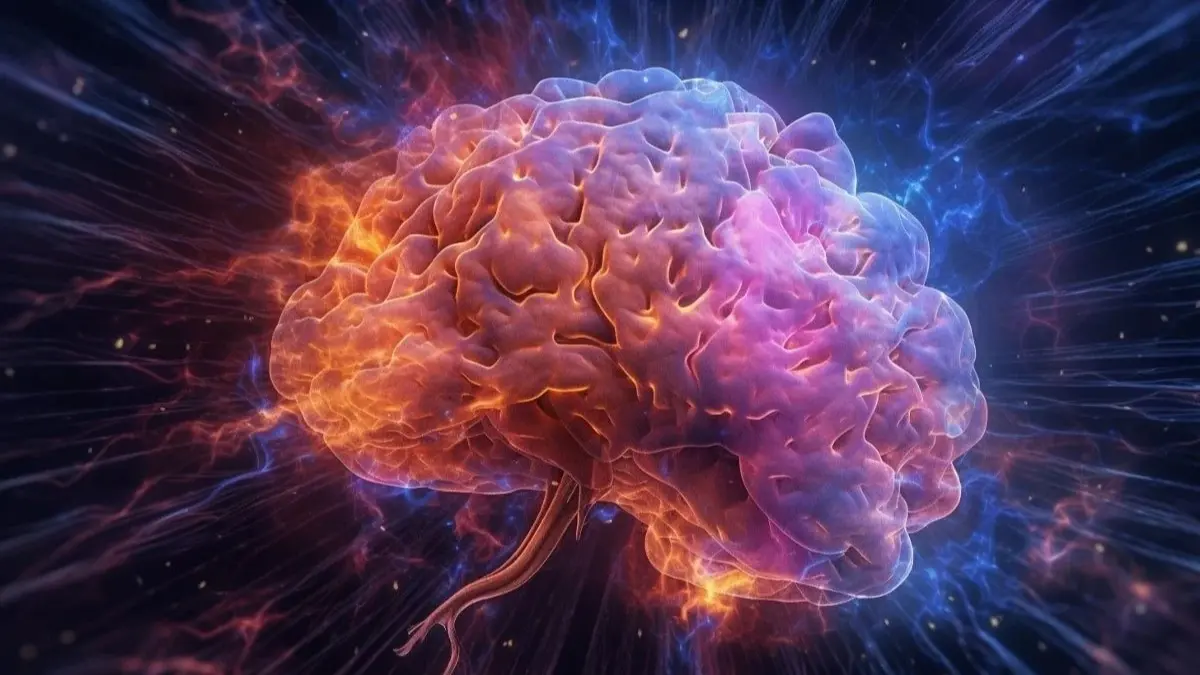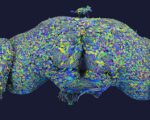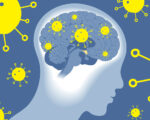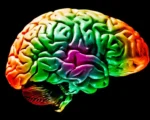“Exploring the Possibility of Retrieving Memories from a Deceased Brain: What Neuroscientists Say”
The concept of retrieving memories from a deceased person’s brain has fascinated both scientists and the general public alike. While the idea may sound like science fiction, neuroscientists are making strides in understanding how memories are stored in the brain. These advancements have led to the identification of engrams — the physical traces that memories leave in the brain, particularly within groups of neurons. Despite these breakthroughs, the ability to extract these memories after death remains highly speculative and fraught with technical and ethical challenges.
Recent research has focused on how memories are encoded and stored. Studies, such as those published in Nature, have shown that engrams are located in the hippocampus, a region of the brain essential for memory formation. The engrams consist of neural circuits that are activated during the process of recalling a memory. While these engrams represent the framework for memory storage, they do not equate to the memory itself. This distinction complicates the notion of memory retrieval, especially when considering the brain’s complexity and the sheer number of connections involved.
One of the primary obstacles to memory retrieval lies in the reconstructive nature of human memory. As Dr. Charan Ranganath, a leading neuroscientist at the University of California, Davis, explains, human memory is not like a static file that can be pulled from storage. Instead, memories are dynamic, reconstructed through a mix of fragmented information and emotional context. This makes the idea of extracting an exact memory from the brain particularly difficult. In addition, memories that involve sensory experiences or deep emotional reactions may be stored in different regions of the brain, further complicating any potential retrieval process.
Additionally, ethical concerns present significant barriers to pursuing research in this area. The potential to access and “replay” the memories of a deceased person raises questions about privacy, consent, and the implications of such capabilities on human identity. While the science behind memory storage continues to evolve, the dream of retrieving memories from a deceased brain remains firmly in the realm of theoretical exploration, with many hurdles still to overcome.

















